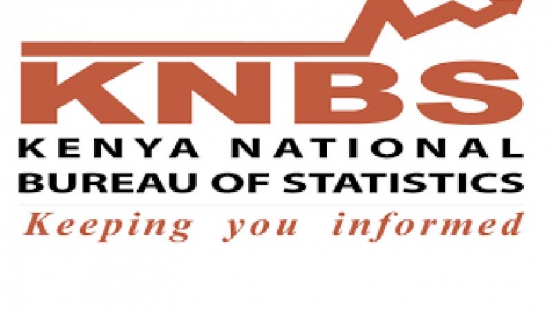
The Kenya National Bureau of Statistics (KNBS) has given us a scorecard for the economy in 2016 and extrapolated it to 2017. What were the surprises if any? Economic growth was 5.8 per cent, not bad; global GDP growth was 2.9 per cent in 2016.
The effect of external forces on our economy—from Brexit to the American elections —is highlighted. What takes place in faraway lands affects us. Brexit or USA elections, is not just breaking news, it affects our well being. A strong US dollar or pound makes our currency weak, making our imports expensive. In a country with a trade deficit like ours, that makes matters worse.